Interview: Guitarist Clint Lowery Discusses Sevendust, Dark New Day, Influences, Practicing and More
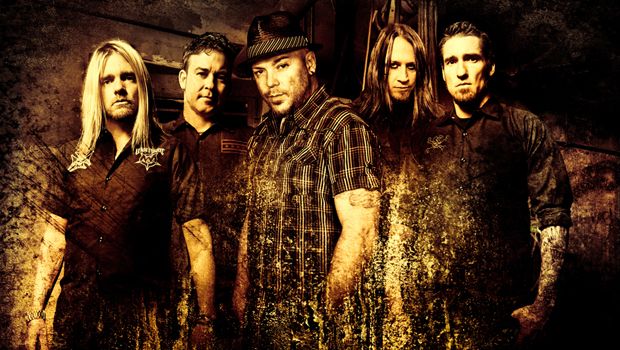
When he’s not touring or recording with Sevendust — who are in the studio working on the follow-up to 2010’s Cold Day Memory — guitarist Clint Lowery stays busy with several other projects, including Call Me No One, HDMS and, earlier this year, the long-awaited reunion of Dark New Day.
DND, which also includes drummer Will Hunt and guitarist Troy McLawhorn from Evanescence, vocalist/guitarist Brett Hestla from Virgos Merlot and bassist Corey Lowery from Stereomud and Eye Empire, released their second album, New Tradition, in February — six years after their debut, Twelve Year Silence.
In 2006, the band released an EP, The Black Porch Acoustic Sessions, and began working on their second album, then titled Hail Mary. Dark New Day were released from their Warner Brothers contract, and the album was put on hold until the band members reunited last year to revisit the tracks and write new songs.
In this interview, Clint Lowery discusses DND’s reunion, their loyal fan base and his goals as a guitar player.
GUITAR WORLD: The industry has certainly changed since the first go-round. How did that affect things, if at all, in terms of release and promotion?
I’ve got to say that with this, it’s been a pleasure. Goomba Music is a very hands-on, small, indie record label and Warner Brothers was a bigger machine. There was a lot more money put into the band, a lot more, so it was a bigger campaign, but they’re both different and unique. And I’m in a completely different headspace now. Back then we were so excited about it, it was our primary band and we were putting every bit of our energy in it.
This is more like, we have these songs, they’re going to be released on this label, we’re going to do stuff to promote it, and it’s been real loose and a lot less stressful. I think I’ve enjoyed this a little more. The other album was fun in a completely different way, a different vibe.
Get The Pick Newsletter
All the latest guitar news, interviews, lessons, reviews, deals and more, direct to your inbox!
It’s amazing how loyal the fans have been. Any theories?
I’m amazed by it too. I’m surprised there’s anyone out there who was still trying to find these songs. I think it’s the mystery of why we went away so fast. We kind of achieved this little cult following because, I think, people are usually force-fed. Bands put out as much as they can until people aren’t buying it, and then they go away. With us, we had a really good run on that first record, the momentum was really good and then the band was gone. I think that left people wanting more, instead of us putting out records and burning out.
We would probably be four records deep right now if we had continued. It was one of those things where it was good music, we were very lucky to have put out a good album, and a group of people wanted a follow-up to it. At the end of the day, a good song wins regardless and stands the test of time, and with these guys in this particular band, I think we did some good work. I can say that it’s good work and still be modest because I was a fifth of how it went down. I did my part and I was really amazed to play with those guys. They’re really good players. I’ve been lucky to always have a good level of musicianship around me for sure.
How has that taken you to the next level?
When you surround yourself with people who are ambitious in their trade, whatever it is, you naturally excel and learn and you take little bits and shortcuts of what people do. I’m a sponge; I like to absorb what’s around me. I’ve never been in a place where I’m the player that I want to be.
I’m always trying to improve on this or that and it goes in waves. I’ve been doing this since I was 18 and I’m 40 years old now as far as touring, and I’ve been playing since I was 11, so it’s been a lifelong passion of mine and I’m still into it today. Along the way I’ve worked with a lot of really good players who have taught me a lot. It’s been a wonderful experience.
Where do you see the changes and development, and what are the ongoing goals?
Ultimately, at the end of the day, I would love to be recognized as a guitar player that has his own style. I put a lot of time into it. I’ve kind of deluded the fact that I can rip a solo with the best of them. I have a lot of speed to my playing and I have a lot of elements that I don’t really show within the Sevendust songs as much as I could have. I’ve held that back a little bit.
I would like to have the opportunity to really shred it up a little bit on the next Sevendust record, make a really honest metal record and pay homage to the influences I grew up with as far as the Steve Vai’s and the Iron Maidens, all the guitar players Dio had, Randy Rhoads, Eddie Van Halen — I want to pay respect to that because that’s where I came from. That’s what I do.
A lot of people are adventurous with their solos now. Dimebag Darrell was probably the biggest influence to me, as he was to a lot of people, so I would love to have the opportunity to at least try to be one of the people that are fulfilling that appetite for the really good metal and rock guitar solo.
What does your practice consist of?
I don’t practice as much as I did in my earlier days. On the road I do quite a bit; I practice for about an hour and a half before we play. I go over scales and keep my right hand active and my left hand mobile. Every now and then I’ll have a phase where I pick up the guitar, and every time I hold it I’m still excited about playing. Some days I feel like I could play anything, and other days I feel like I’m a beginner again.
That’s the beauty of this whole thing — you always want … insecure players sometimes make for better players because you’re always striving to figure stuff out. I’m a big YouTube junkie; I watch people play on there and get depressed and try to emulate what they do. There are some amazing guys out there. You can sit in your basement and play guitar 24 hours a day and play everything fast as lightning with all this accuracy, but there’s a feel that some people have that just can’t be practiced or rehearsed. Some people just have it.
Is there a guitar album in your future?
I would love to do that. I think it would be very self-indulgent, but it would be fun to do. It would force me to really concentrate on my playing and focus on woodshedding for a few months before so I’d have something to offer, but that’s a good idea. I never thought about it.
Read more of Clint Lowery’s interview here.
— Alison Richter
Alison Richter interviews artists, producers, engineers and other music industry professionals for print and online publications. Read more of her interviews right here.
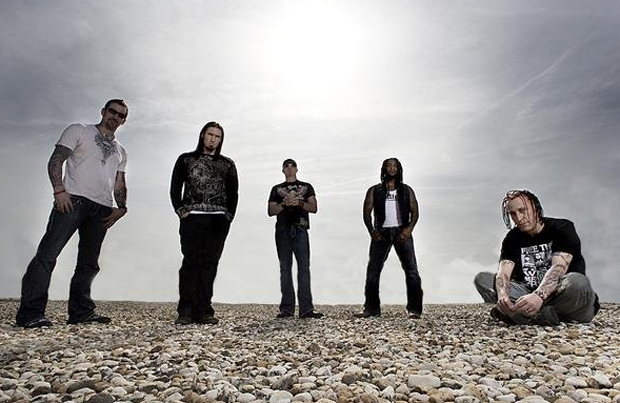
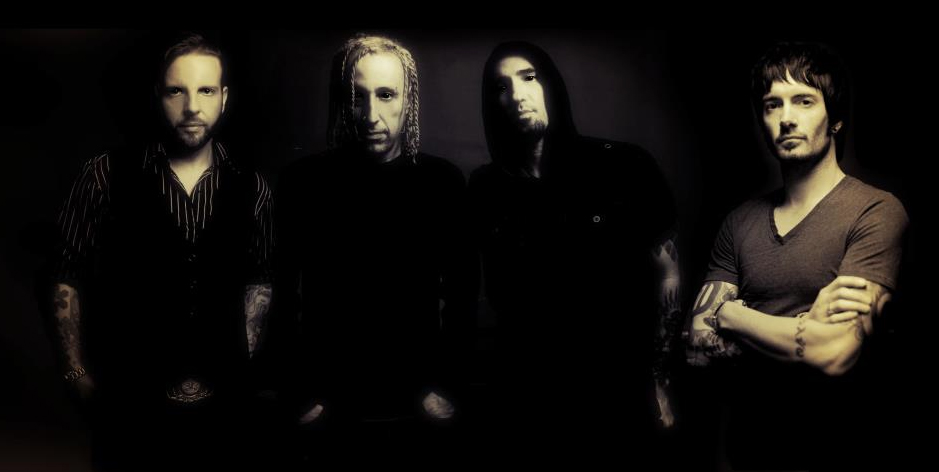
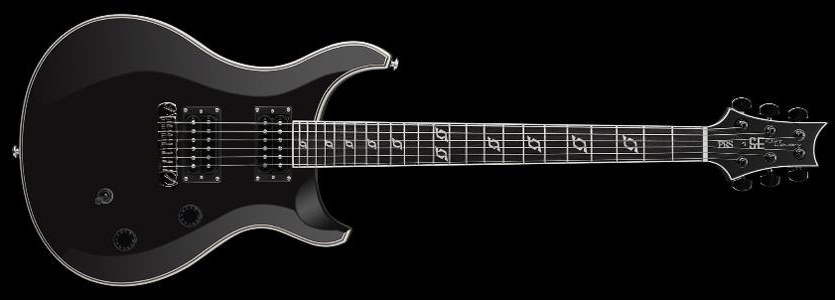
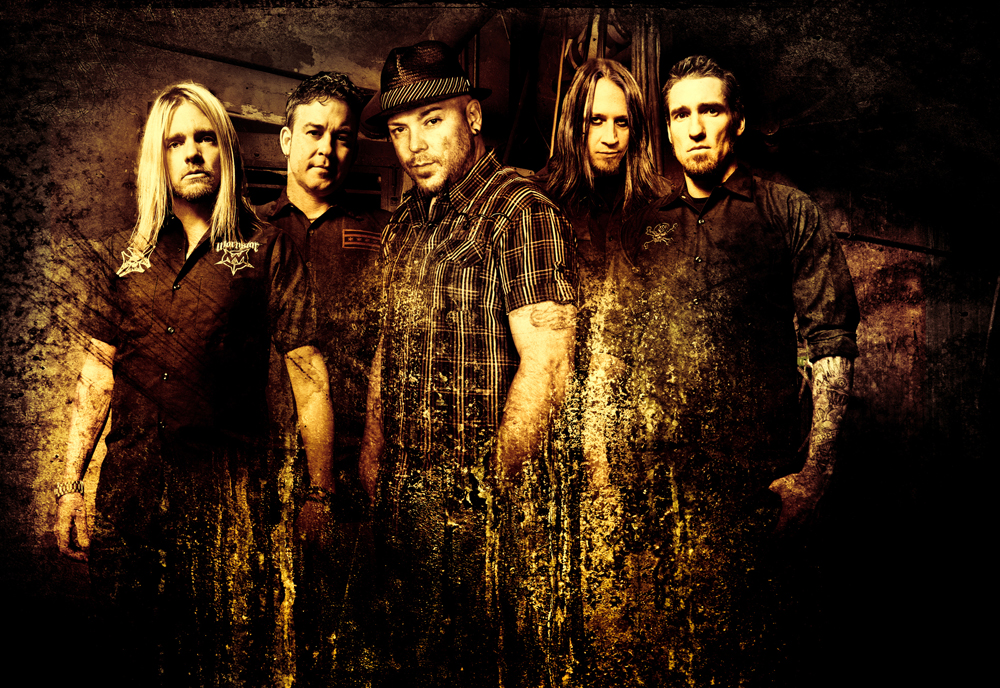
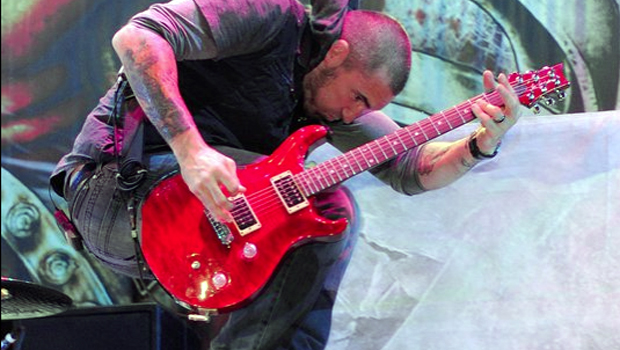
Alison Richter is a seasoned journalist who interviews musicians, producers, engineers, and other industry professionals, and covers mental health issues for GuitarWorld.com. Writing credits include a wide range of publications, including GuitarWorld.com, MusicRadar.com, Bass Player, TNAG Connoisseur, Reverb, Music Industry News, Acoustic, Drummer, Guitar.com, Gearphoria, She Shreds, Guitar Girl, and Collectible Guitar.
“A virtuoso beyond virtuosos”: Matteo Mancuso has become one of the hottest guitar talents on the planet – now he’s finally announced his first headline US tour
“His songs are timeless, you can’t tell if they were written in the 1400s or now”: Michael Hurley, guitarist and singer/songwriter known as the ‘Godfather of freak folk,’ dies at 83









